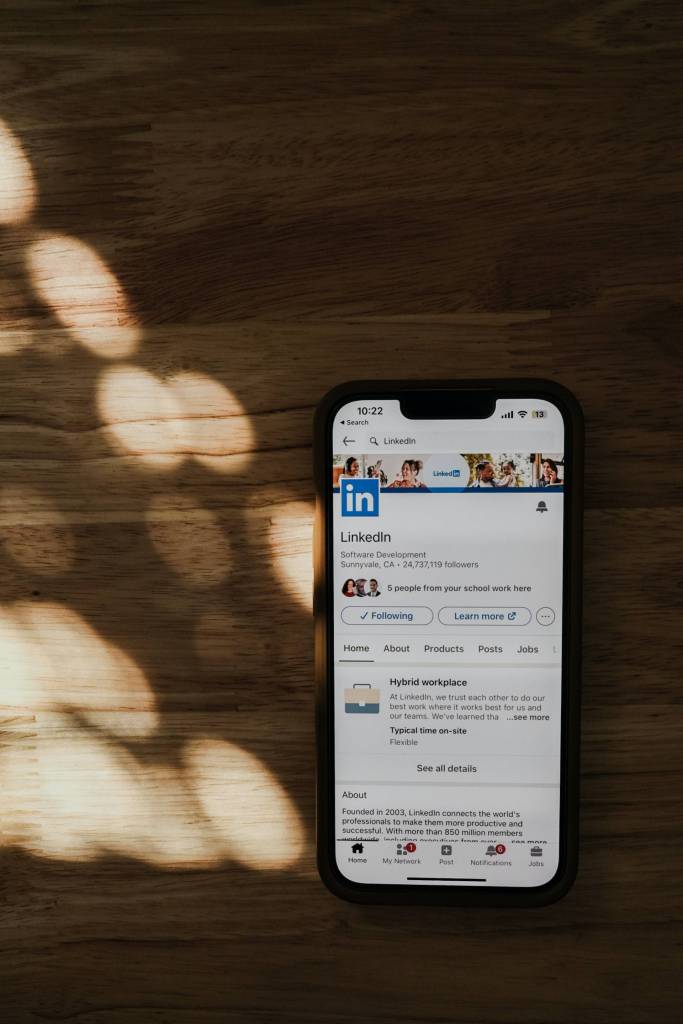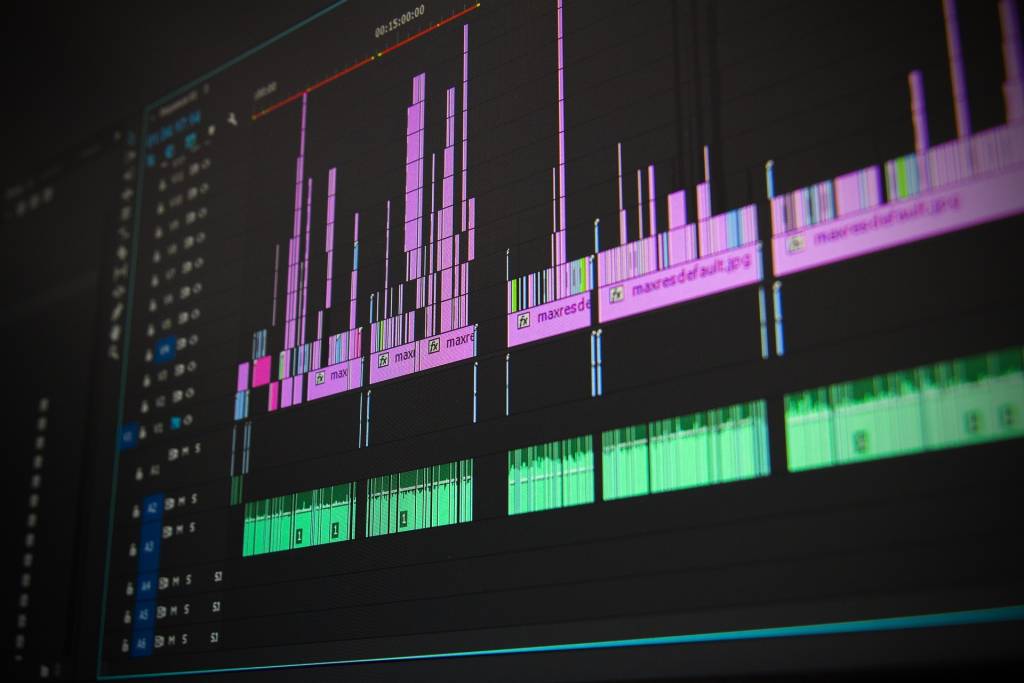In several of my previous blogs, I alluded to the known fact of the huge disconnect between a candidate and an interviewer(s). The candidate has been preparing for this major event for a while—and with fervor—and anticipates that the event will result in a job offer. This is the interview that could change the candidate’s career path, future life, and income. The interviewer, however, is much less enthusiastic—and in general, much less prepared. And that is exactly my point: that most nonprofessional interviewers are not so good at interviewing. They don’t know the good questions to ask, and they’re even less competent at interpreting candidates’ answers.
In fact, I tested that tenet recently while making a presentation called How Networking Can Lead to Interviews. The audience was composed of 34 long-term-employed senior financial executives who themselves were commonly involved with the interviewing of candidates for their employers. I asked that audience, “How many of you took a formal course about how to interview job candidates?” The response was embarrassing because out of the 34, only one person raised a hand.
There are four drivers in a job interview.
Communication skills: This is the basic characteristic that every interviewer is seeking to learn about a candidate because even if the candidate has outstanding credentials and accomplishments in a field, if the person cannot actually communicate same, then the interviewer sees the person as less favorable vis-à-vis other, also otherwise very good, candidates.
Competency skills: Here is where an interviewer needs to validate that a candidate in fact has the skills required for the position and can deliver a high level of performance. No interviewer is looking for an average or mediocre performer. Every interviewer is looking for superman.
Cultural fit: This is most likely the most important of the four drivers because here an interviewer has to assess whether a candidate would be a welcome new member on the team and one whom colleagues and customers would want to work with.
Motivation: This is another decisive element the interviewer needs to evaluate. The best-looking candidate on paper who turns out to be unable to demonstrate in an interview a heightened level of motivation for the job and the company is likely not going to be able to perform well on the job.
Most often the company will want to invite the best candidates from first interviews for at least one more interview to further narrow down the numbers. During that second or third interview, the various members of the interviewing team will continue digging deeper and deeper to make sure a candidate is still very strongly motivated. But beyond that, they’ll want to determine through the candidate’s answers to their questions that the candidate will be able to win the trust of colleagues and customers, because without trust, no business relationship can go any further.
Last of all, smile! Smile a lot! Certainly, no interviewer will remember every answer given by every candidate. That’s impossible. But for sure, interviewers will definitely remember a candidate’s image. And if that image was one of a friendly and smiling person, it is likely to be retained, remembered, and considered much more favorably than the one of a sad, low-key, and apathetic candidate.
So, now you know what to do. Good luck!













